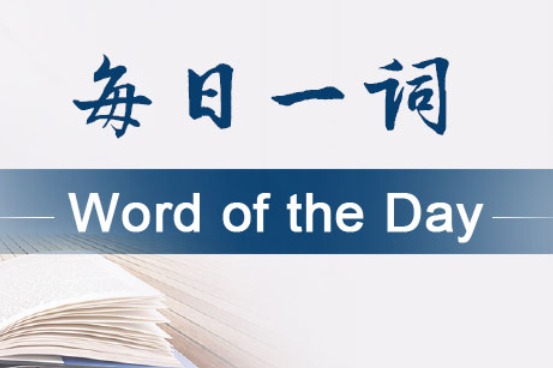4 ways to use 吧 (ba) in Mandarin Chinese 4种“吧”的用法
Yoyo Chinese 2023-10-13 17:45


When you're first learning Chinese, you learn that 吧 (ba) is used to turn a statement into a suggestion. Easy enough, right? But you'll soon find that isn't the only way that 吧 (ba) is used!
This tends to trip up many students along the learning journey, but don't worry! To set the record straight, we've created this infographic listing out the main 4 ways that 吧 (ba) is used in Chinese.
Alright, now let's go ahead and check out each of these uses one by one!
#1: Used to indicate a suggestion
When you're giving a suggestion, it's highly advisable to add 吧 (ba) at the end of the sentence. Otherwise, it will sound more like an order than a friendly suggestion.
You definitely don't want to make that mistake with your superiors or in-laws!
Examples:
我们走吧!
wǒ men zǒu ba
Let's go! / Let's leave!
我们明天一起吃晚饭吧!
wǒ men míng tiān yī qǐ chī wǎn fàn ba
Let's have dinner together tomorrow!
你跟他说一下吧。
nǐ gēn tā shuō yī xià ba
Let him know. (polite)
Like in the third example above, you'll also often see 吧 (ba) used with a phrase that softens the tone, like 一下 (yī xià) or doubling the verb, which makes it sound extra polite.
#2: Used to indicate agreement or approval
This next use of 吧 (ba) communicates agreement or approval of something, but it also has a bit of reluctance to it.
It is most often used following the words 好 (hǎo) - "OK" and 行 (xíng) - "alright". Adding 吧 (ba) this way can be a bit similar to the tone of "fine" in English, though not quite as harsh.
Again, this use of 吧 (ba) is something you'll want to avoid saying to your boss! Just say 好的 (hǎo de) or 好 (hǎo) for "OK" and you're golden!
Examples:
好吧。明天也行。
hǎo ba míng tiān yě xíng
OK. Tomorrow works too. / Fine. Tomorrow works too.
行吧。我们只能这样了。
xíng ba wǒ men zhǐ néng zhè yàng le
Alright. That's all we can do. / Fine. That's all we can do.
#3: Used to indicate uncertainty or guess about something
This is a VERY common use of 吧 (ba), which you'll see a lot in questions as well as statements. This use of 吧 (ba) is used to communicate some level of uncertainty, or to make an educated guess about something.
You can use it when you're somewhat certain about something, but not 100% sure.
Examples:
你会说普通话吧?
nǐ huì shuō pǔ tōng huà ba
You speak Mandarin, right?
他明年就要毕业了,对吧?
tā míng nián jiù yào bì yè le duì ba
He is graduating next year, right?
应该没什么问题吧。
yīng gāi méi shén me wèn tí ba
There shouldn't be any issues.
#4: Used to indicate a pause when weighing options/making comparisons
Note: In this case, the "ba" is usually repeated twice.
夏天去北京吧,天气会很热,冬天去北京吧,天气会很冷。
xià tiān qù běi jīng ba, tiān qì huì hěn rè, dōng tiān qù běi jīng ba, tiān qì huì hěn lěng
If we go to Beijing in the summer, the weather will be hot. If we go to Beijing in the winter, the weather will be cold.
跟老板说吧,他会很不开心,不跟老板说吧,公司可能会出大事。
gēn lǎo bǎn shuō ba, tā huì hěn bù kāi xīn, bù gēn lǎo bǎn shuō ba, gōng sī kě néng huì chū dà shì
If you tell the boss, he won't be happy. If you don't tell the boss, the company might run into some big issues.
Source: Yoyo Chinese
Editor: wanwan

















 英语点津微信
英语点津微信 双语小程序
双语小程序